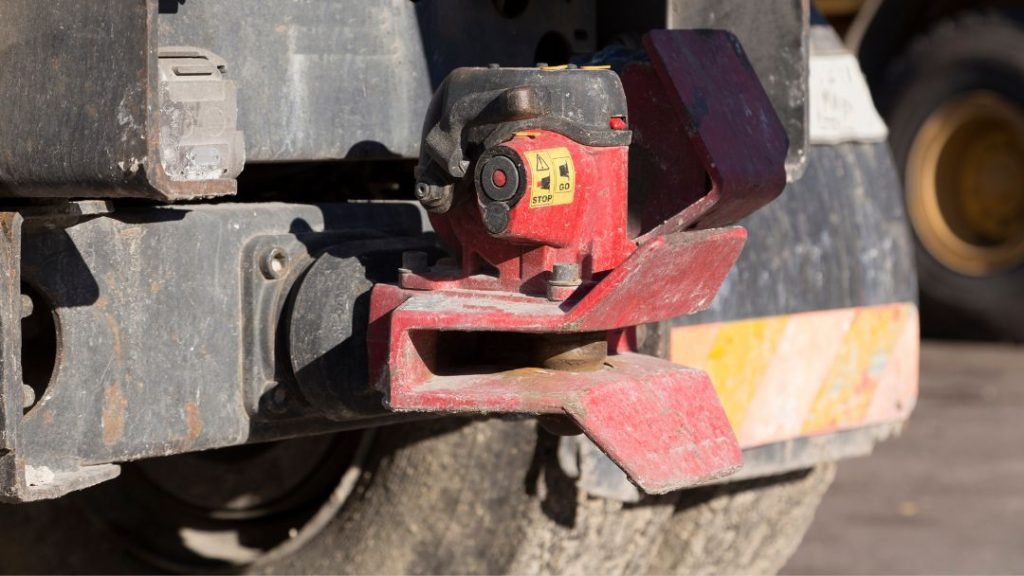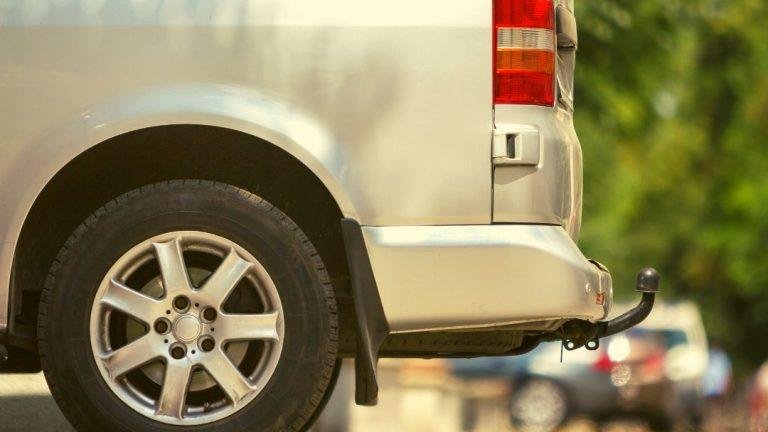When it comes to towing, understanding hitch weight is paramount. It’s a crucial factor that plays a pivotal role in ensuring safe and efficient towing. The lack of knowledge about hitch weight can lead to several problems, including poor vehicle performance, compromised safety, and even legal issues.
This blog post will delve into the concept of hitch weight, explain its significance, and provide insights on how to manage it effectively.
Definition of Hitch Weight
Hitch weight, also known as tongue weight, is the downward force exerted by the trailer onto the hitch of the towing vehicle. When you hitch a trailer to your vehicle, it’s not just the rear of the vehicle supporting the entire weight of the trailer. Instead, the weight is divided between the trailer’s own wheels and the hitch of your towing vehicle. This proportion of the trailer’s weight that presses down on the towing vehicle’s hitch is what’s referred to as hitch weight.

The Importance of Hitch Weight
Understanding hitch weight is essential for multiple reasons. Let’s explore these in detail:
- Safety: The primary reason hitch weight is so important lies in maintaining control of the vehicle. An appropriate hitch weight helps to keep the trailer stable, preventing it from swaying or fishtailing while on the road.
- Vehicle performance: Hitch weight directly impacts how a vehicle handles on the road. If it’s too heavy, the excess weight can lower the rear end of the vehicle, raising the front end, and affecting the vehicle’s steering and braking ability. On the other hand, if the hitch’s weight is too light, the trailer can start to sway, making it harder to control.
- Legal requirements: In many jurisdictions, there are regulations around how much weight a trailer can put on a vehicle’s hitch. Not adhering to these regulations can result in fines or other penalties.
Consequences of Incorrect Hitch Weight
Understanding the importance of hitch weight also involves recognizing the problems that can arise if the hitch weight is not correctly calculated and managed.
- Swinging and swaying: If the hitch weight is too light, there’s a high risk of the trailer starting to sway or swing, especially at high speeds or in windy conditions. This can be extremely dangerous, leading to loss of control of the vehicle.
- The strain on the vehicle: If the hitch weight is too heavy, it puts undue strain on the rear of the towing vehicle, affecting its structure and performance. The rear suspension may be overloaded, the steering could become less responsive, and the headlights may point upward, reducing visibility.
- Legal issues: As mentioned earlier, there are often legal regulations around hitch weight. Ignorance or negligence of these regulations can lead to legal issues, including fines.
- Increased accident risk: Both swaying trailers and strain on the towing vehicle can increase the risk of accidents, compromising the safety of the driver, passengers, and other road users.
How to Correctly Calculate and Adjust Hitch Weight
Accurately calculating hitch weight is critical to safe towing. The general rule of thumb is that hitch weight should be about 10-15% of the total trailer weight for conventional trailers and 20-25% for fifth-wheel or gooseneck trailers.
To measure hitch weight, you’ll need a hitch weight scale, which is designed specifically for this purpose. You can also use a standard scale, placing it directly under the hitch, or use two scales if the hitch is too wide.
If the hitch weight is incorrect, adjustments may be necessary. If it’s too heavy, try redistributing the load in the trailer, moving some weight towards the rear without overloading the trailer’s own wheels. If it’s too light, shift more weight toward the front of the trailer.
Hitch Weight and Different Types of Trailers
Hitch weight isn’t a one-size-fits-all measure. It can vary significantly depending on the type of trailer. For example, a small utility trailer won’t have the same hitch weight as a large RV or horse trailer.
Utility trailers, being smaller and lighter, will typically have a lower hitch weight, but it still needs to fall within the recommended 10-15% of total trailer weight. Large trailers like RVs and horse trailers will naturally have a higher hitch weight, but again, it should ideally be within the 20-25% range for fifth-wheel or gooseneck trailers.
Frequently Asked Questions about Hitch Weight
Let’s address some common questions about hitch weight:
What should the hitch weight be for a certain trailer type or weight?
As stated before, for conventional trailers, hitch weight should be about 10-15% of the total trailer weight, and for fifth-wheel or gooseneck trailers, it should be about 20-25%.
How can you adjust the hitch weight if it’s too high or low?
Redistribute the load in the trailer. If the hitch weight is too high, move some weight toward the rear. If it’s too light, move more weight toward the front.
What are the signs that hitch weight may be incorrect?
If your vehicle’s steering feels light or unresponsive, or if the trailer is swaying, the hitch weight may be too light. If the rear of the vehicle is noticeably lower or the headlights are pointing upwards, the hitch weight may be too heavy.
Conclusion
Hitch weight plays a crucial role in ensuring a safe and efficient towing experience. Understanding hitch weight and knowing how to calculate and adjust it can prevent issues that compromise safety and vehicle performance. Always remember, proper hitch weight leads to better control of your vehicle, smoother rides, and safer towing experiences.




